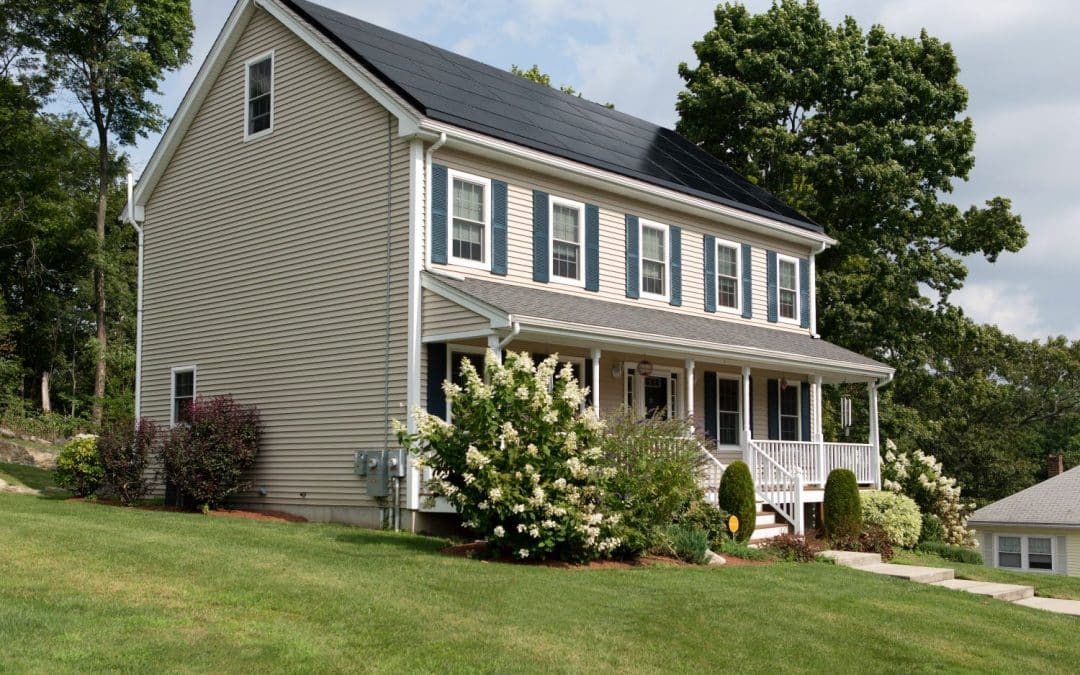Real estate has historically been a reliable way to accumulate intergenerational wealth which can be passed onto heirs. For this reason, many people will consider purchasing an additional investment property after they have bought a house to live in. However, owning and managing an investment property will come with several challenges. Here are some essential tips to consider when looking to buy an investment property.
Be prepared to be a landlord
Owning an investment property will essentially mean you will have to be a landlord. Even if you ultimately want to sell the real estate for capital gains, you will still need to rent out the property while you are waiting for the market to appreciate. You should understand the various aspects you will be required to deal with as a landlord.
One of the most common issues you will be confronted with as a landlord is dealing with repairs and maintenance issues for your building. This will require considerable amounts of patience whether or not the repair is large or small. Also, it is a good idea to take care of as many repairs by yourself as possible. This will save you money from having to hire a professional. However, there may be some larger repairs which you will not be able to do yourself.
Another aspect of being a landlord to consider is the legal side of the equation. You will need to make sure to have all of the proper legal paperwork in place when dealing with tenants. This will help you to avoid potential lawsuits in the future.
On the other hand, if all of this sounds like too much for you to deal with, you can always hire a professional property management company. However, you should also understand that this will impact your profit margin.
Choose your location carefully
The location of your investment property is one of the most consequential factors which can determine whether or not your investment strategy is a success. Which location you should choose will depend on your specific investment goals.
If your aim is to earn large amounts of capital gains quickly you will want to look into areas which are currently being or are soon to be developed. When a neighborhood is developed it will generally appreciate the value of the properties located within that locale. However, the risk with this strategy is that you may end up making a wrong prediction about the neighborhood being developed in the near future. This can cause appreciation of your investment to be stagnant or may even result in a loss.
Alternatively, if you have a longer time horizon and are looking to hold onto the property for quite a while, the potential for fast appreciation may not be worth the risk of speculating in underdeveloped neighborhoods. In this case, it may be better to consider buying in a developed neighborhood which will be less likely to depreciate significantly.
Weigh risk vs. reward
When it comes to investing in real estate or any other type of asset, you are essentially weighing the risk involved in a particular investment against the potential gains of going forward with the investment. You may want to contact a wealth management professional who can help you decide how much risk is appropriate for you.
The foregoing information has been obtained from sources considered to be reliable, but we do not guarantee that it is accurate or complete, it is not a statement of all available data necessary for making an investment decision, and it does not constitute a recommendation. Any opinions are those of the author and not necessarily those of Raymond James. Investing involves risk and you may incur a profit or loss regardless of strategy selected. Every investor’s situation is unique and you should consider your investment goals, risk tolerance and time horizon before making any investment. Prior to making an investment decision, please consult with your financial advisor about your individual situation. Raymond James and its advisors do not offer tax or legal advice. You should discuss any tax or legal matters with the appropriate professional.

